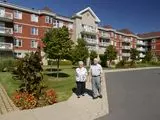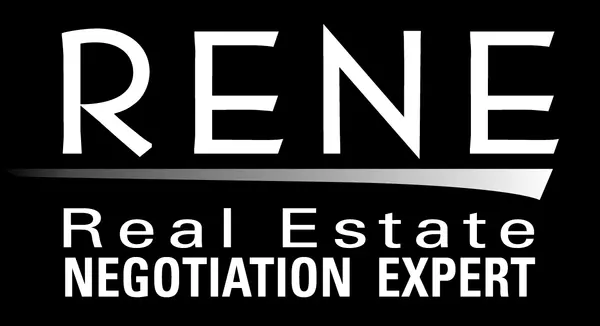

Is This Your Situation: Buying a Retirement Condo?
Why are condominiums such a common choice for retirees? And what do you need to know if you're considering buying one? It's not exactly the same as a traditional one-family house. Keep reading for specific condo issues. It's common for people nearing retirement to think about a move. Maybe the hou
Read More

HOA Homeowners' Rights Task Force
The Colorado Department of Regulatory Affairs (DORA) is conducting a survey and requesting stories for homeowners. This survey is just the beginning of a process. DORA specially appointed the HOA Homeowners' Rights Task Force to look at HOA issues. They were approved by the Legislature and signed
Read More

Done With The Rain: Now it is Time to Repair That Old Wooden Deck
Every time it hails I look at my sad old wooden deck and say to myself "There has got to be a better way?" Do you know the pros and cons of each type of decking material? Click through to learn how you can maximize your home’s outdoor areas and increase its value by choosing the right decking materi
Read More

10 Things To Think About Before Building A Guest House
Thinking of adding on or building a tiny guest house or an Accessory Dwelling Unit in your backyard? It’s not as easy as installing a treehouse. Read on for ten things you can't afford to contemplate before building a guest house.... Accessory dwelling units (ADUs), or guest houses, usually hav
Read More
Categories
- All Blogs (36)
- Buying (3)
- Closings (1)
- Colorado (7)
- Condo's and Co-op's (2)
- Curb Appeal / Outdoor (1)
- Extended Stay Living/ Furnished Rentals (1)
- HOA's (2)
- Home Improvement (1)
- Home Repair (1)
- Inspections (1)
- Insurance (2)
- Interior Design / Staging (2)
- Monthly News (6)
- Mortgages (2)
- Moving (1)
- New Builds (1)
- Property Taxes (1)
- Remodeling (4)
- Retirement/ Adult Communities (2)
- Selling (1)
- Taxes and Investing (1)
- Title (1)
- Transaction Process (1)
- Vacation / Holidays (1)
- Your Home is Your Biggest Asset - Financial Goals (6)
Recent Posts










SUBSCRIBE TO MY NEWSLETTER
Subscribe today to get real estate news you can use delivered to your mailbox biweekly on Thursdays!
GET MORE INFORMATION

Theresa Tscheschke Gunal
Broker Associate | License ID: FA.100087128
Broker Associate License ID: FA.100087128
